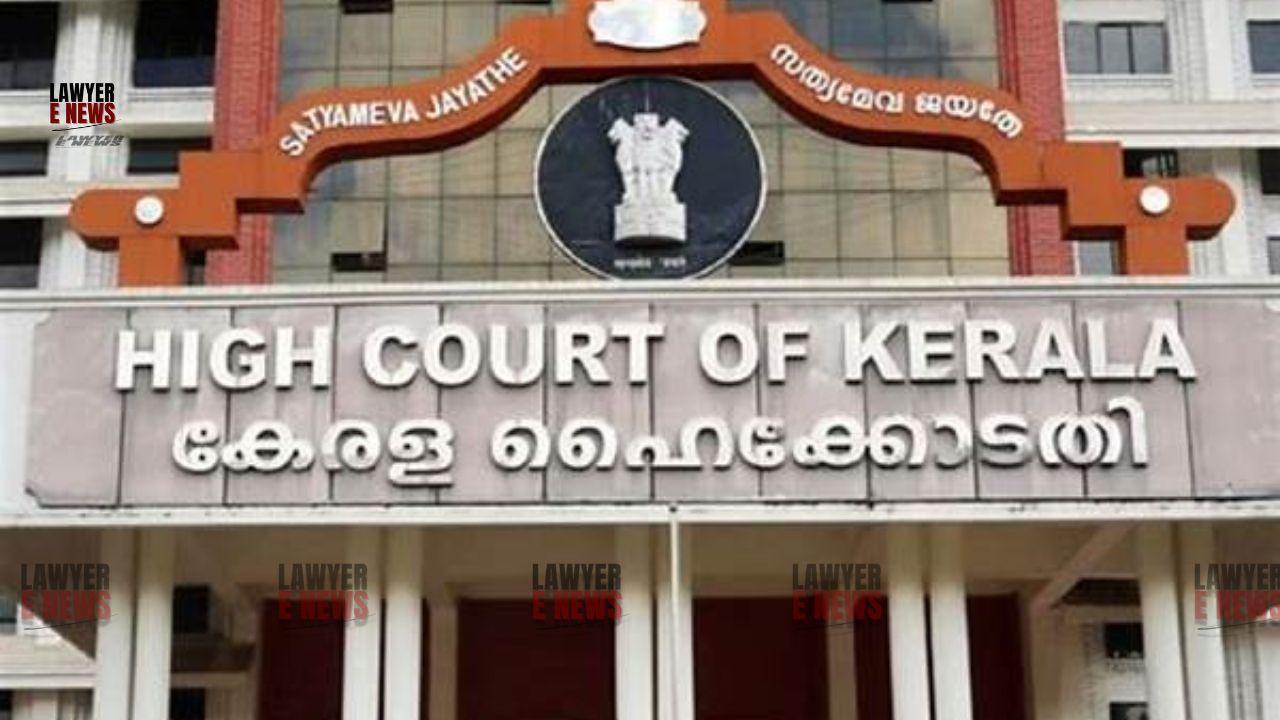-
by Admin
15 February 2026 5:35 AM



Petition under Muslim Women (Protection of Rights on Divorce) Act dismissed due to complainant’s foreign residence - The Kerala High Court has quashed a complaint filed under the Muslim Women (Protection of Rights on Divorce) Act, 1986, by a Malaysian citizen, on the grounds of jurisdictional ineligibility. The judgment, delivered by Justice A. Badharudeen, clarifies that such petitions must be filed within the jurisdiction where the complainant resides, reinforcing the interpretation of residency in legal proceedings.
The petitioner, Sahesh Rafeeque, a resident of Saudi Arabia, sought to quash the complaint filed by his ex-wife, Nural Inshira Binti Abdul Kareem, a Malaysian citizen, under Section 3 of the MWPRD Act. The complaint was filed in the Judicial First Class Magistrate Court, Kunnamkulam. The marriage and subsequent divorce occurred in Malaysia, where both parties resided at the time.
The primary contention revolved around the jurisdiction of the Kunnamkulam court to entertain the complaint. The court underscored that the MWPRD Act requires such complaints to be filed within the jurisdiction where the divorced woman resides. Given that Nural Inshira resides in Malaysia, the complaint in Kunnamkulam was deemed non-maintainable.
Justice Badharudeen relied on precedents to elucidate the term ‘resides’. Citing the Supreme Court’s interpretations in cases like Sri Sri Sri Kishore Chandra Singh v. Babu Ganesh Prasad Bhagat and Jeewanti Pandey v. Kishan Chandra Pandey, the court reiterated that residence implies a place where one lives permanently or for a significant period, distinguishing it from temporary or casual stays. The judgment emphasized that “the meaning of the word ‘residence’ would in ultimate analysis depend upon the context and the purpose of a particular statute.”
The court concluded that, under Section 3(2) of the MWPRD Act, only a divorced woman residing within the jurisdiction of the concerned Magistrate can file a complaint. The decision to quash the proceedings was based on the clear stipulation that Nural Inshira’s residence in Malaysia disqualified her from filing the complaint in Kunnamkulam.
Justice Badharudeen noted, “The term ‘residence’ literally means the fact of living in a particular place. The de facto residence is to be understood as the place where one regularly resides, distinct from places of temporary visit.”
The Kerala High Court’s decision highlights the importance of jurisdiction in legal proceedings under the MWPRD Act. By emphasizing the requirement for the complainant to reside within the jurisdiction where the petition is filed, the judgment reinforces the legal framework’s consistency and clarity. This ruling is expected to guide future cases, ensuring that jurisdictional boundaries are respected in filing such complaints.
Date of Decision: July 2, 2024
